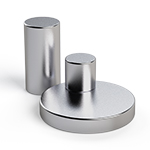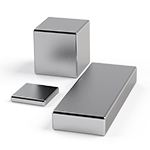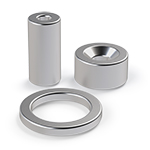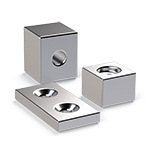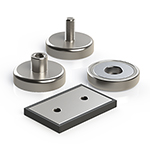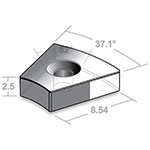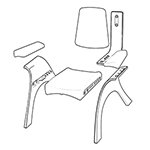Is Brass Magnetic?
Brass is a common metal used in various applications, including musical instruments, locks, and plumbing fixtures. One of the common questions about brass is whether it is magnetic or not. In this blog post, we will explore the magnetic properties of brass and what makes it unique compared to other metals. First, let’s define what magnetic means. A magnetic material is one that can be magnetized, meaning it can generate a magnetic field. A magnetic field is the force that is created by a magnet and can be used to attract or repel other magnets or magnetic materials. Now, let’s examine brass. Brass is an alloy of copper and zinc, and it is not a naturally occurring magnet. This means that brass will not attract other magnets or magnetic materials and will not generate a magnetic field. It’s important to note that some metals, such as iron, nickel, and cobalt, are naturally magnetic and can generate a magnetic field. These metals are known as ferromagnetic materials and are used in a variety of applications, including motors and generators, because of their magnetic properties. However, just because brass is not magnetic does not mean that it cannot be magnetized. By applying a strong enough magnetic field, brass can become magnetized temporarily. This is because the electrons in the metal are aligned, creating a magnetic field. However, when the magnetic field is removed, the brass will no longer be magnetized. Brass is not a naturally occurring magnetic material and will not attract other magnets or magnetic materials. However, it can be magnetized temporarily by applying a strong enough magnetic field. If you’re looking for a magnetic material, it’s best to look for other materials such as iron, nickel, or cobalt. In conclusion, understanding the magnetic properties of brass is important when selecting the right material for your application. Knowing whether a material is magnetic or not can help you make an informed decision and ensure that you choose the right material for the job.
